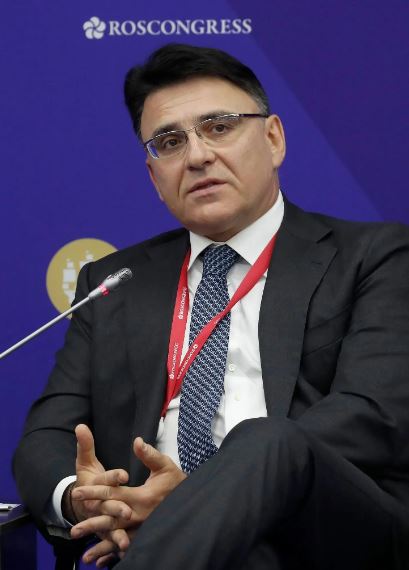As Russia braces for upcoming elections that are widely expected to secure President Vladimir V. Putin’s grip on power for another six years, the government is ramping up its efforts to tighten control over the internet. This crackdown, characterized by increased censorship measures, is seen as a move to stifle political dissent and independent information, further shrinking the space for free speech and activism in the country.
Recent reports indicate a surge in the Russian authorities’ crackdown on digital tools used to circumvent internet blocks, including throttling access to popular communication apps like WhatsApp. Moreover, there has been an expansion of efforts to cut off access to websites and online services, signaling a systemic shift in Russia’s approach to regulating the internet. These tactics, reminiscent of methods employed by authoritarian regimes like China and Iran, underscore a departure from the more open internet policies seen in countries like the United States.
Mikhail Klimarev, an expert in Russian telecommunications, notes that the country has reached a new level of blocking in the past six months, catching even seasoned technical experts by surprise. These measures, which complement existing infrastructures of repression, serve to reinforce state propaganda and suppress dissenting voices, particularly during sensitive periods such as the recent memorials for Aleksei A. Navalny, a prominent Kremlin critic who died in custody.
Taking cues from China, Russia has sought to emulate its internet censorship strategies, as evidenced by meetings between Chinese and Russian internet officials aimed at sharing information on combatting encryption and controlling online content. Lessons learned from these exchanges have been put into practice, leading to successful restrictions on messaging apps like WhatsApp and Telegram during protests in various regions.
The recent death of Navalny and subsequent restrictions on internet access during his funeral underscore the government’s determination to quash dissent and maintain control over the flow of information. The use of sophisticated techniques to identify and block virtual private networks (VPNs), once seen as a loophole for accessing banned content, further highlights Russia’s evolving approach to internet censorship.
Moreover, Russia’s shift towards centralized technology for website censorship and internet traffic management represents a departure from relying solely on telecom operators to enforce restrictions. This new approach, while more discreet, reflects the government’s efforts to tighten its grip on online communication channels.
Despite concerns over potential public backlash and technical challenges, the government appears steadfast in its commitment to internet control, particularly in the lead-up to the upcoming elections. By limiting access to global news sites and social media platforms, Russia aims to prevent the spread of dissenting narratives and maintain a favorable political landscape for Putin’s reelection.
The growing sophistication of Russia’s internet censorship measures poses a significant challenge to online freedom and civil liberties. As the government continues to emulate China’s authoritarian model, concerns mount over the erosion of free speech and the stifling of political dissent in the country. The crackdown on internet freedom underscores a broader trend towards authoritarianism and state control in Russia, reminiscent of the Soviet era.

